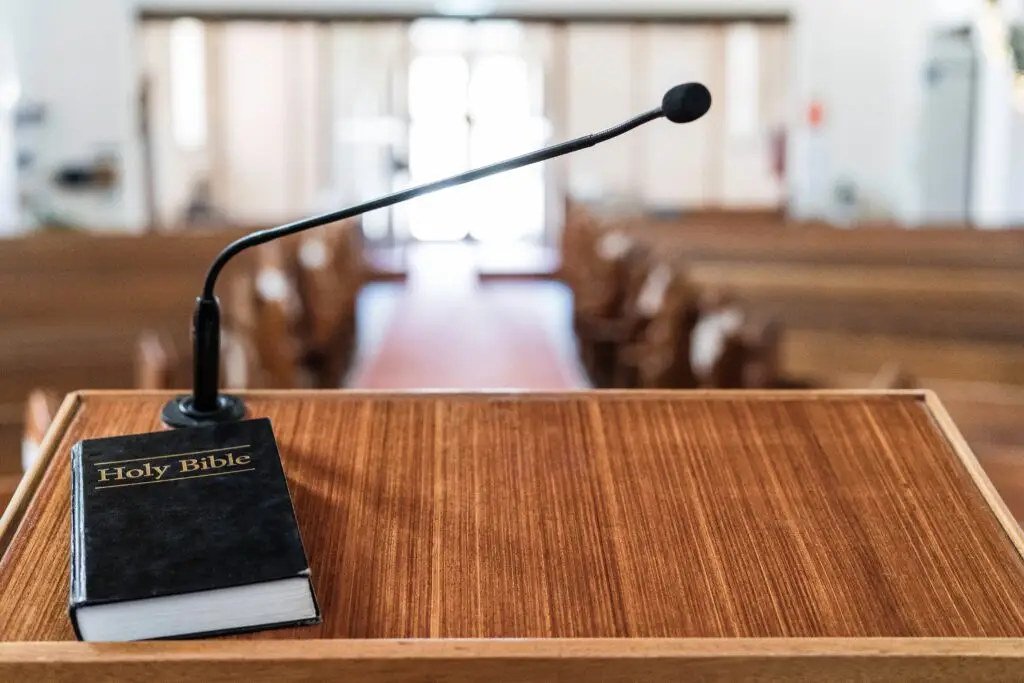I have always loved the town of Aliceville. As a young student at Samford, I preached a youth revival at First Baptist Church, Aliceville, and I fell in love with the people and the town itself. That was 1970, and since then I have been blessed to be back at First Baptist to preach there again. My wife and I stayed at a bed and breakfast during that time, and it was a real treat.
Recently, I read a review about a book which told the story of Aliceville during World War II. Guests Behind The Barbed Wire is the intriguing account of how Aliceville was transformed from a small west Alabama town into a POW camp which, at its numerical peak, was the largest of its kind in the country.
Sue Beaumont Cook, a Birmingham author who moved to the city in 1970, became very interested in the basically untold story of how Aliceville handled the unusual situation and how the prisoners themselves experienced the internment.
Construction on the camp started in 1942. At that time, the people of Aliceville felt that they were going to see Japanese prisoners come to their town. Instead, in 1943, German prisoners from the North African campaign came by train to Aliceville. They marched down the street and entered the camp as the first “guests behind the barbed wire.”
What happens over the next two years was essentially a story of coping and accommodation. The American military was very meticulous about observing the Geneva Convention concerning the fair and humane treatment of POWs. Their hope was that the news of the treatment would influence the Germans and Japanese to do the same for American POWs. Sadly, this was not what happened. The Japanese were not signers of the Geneva Convention and, although the Germans were signees, their deteriorating conditions at home left allied prisoners underfed and mistreated.
Since World War II, Aliceville has been host to several reunions for the former prisoners and the American soldiers who guarded them. The first such occasion was in 1989. I remembering reading about it in The Tuscaloosa News, while serving as pastor of First Baptist Church, Tuscaloosa. The reports from this initial reunion were most positive. Since then other such reunions have taken place. In 2003, the 60th anniversary of the opening of the camp was commemorated.
Interestingly, years before the first reunion, former prisoners from Germany made their way to Aliceville to revisit their place of imprisonment. The returnees include a doctor, who was in Birmingham for a medical meeting. He was accompanied by an American doctor friend. The German doctor toured the town, and he was impressed with the hospitality of the people. One day a Catholic priest, who had been a prisoner during the war, arrived in Aliceville to pay a visit to the place where he spent some of his youthful years during World War II.
Some challenges were encountered during these days of the war. The prisoners outnumbered the population of the town by more than two to one. The number of guards assigned to the camp was never really adequate. Pro-Nazis soldiers were sent to other camps, and those who remained were the ones who did not share the radical passion of the Nazi partisans. Only a few soldiers tried to escape. Most were content to finish the war in the confines of Camp Aliceville. When they did return home, they found themselves serving the British and French in post-war rebuilding efforts. By 1948, all of the soldiers were back in Germany facing the ravages of a war-torn country. The U.S. developed the Marshall Plan, which was a way to assist their defeated foes in rebuilding their own countries.
Aliceville is one of our unique towns in Alabama. There are other captivating stories about Alabama towns which haven’t been emphasized, but I am glad this one has been so well told by Sue Beaumont Cook. I enjoyed living the story through her eyes, and it has caused me to hunger to return to Aliceville, an Alabama treasure.




